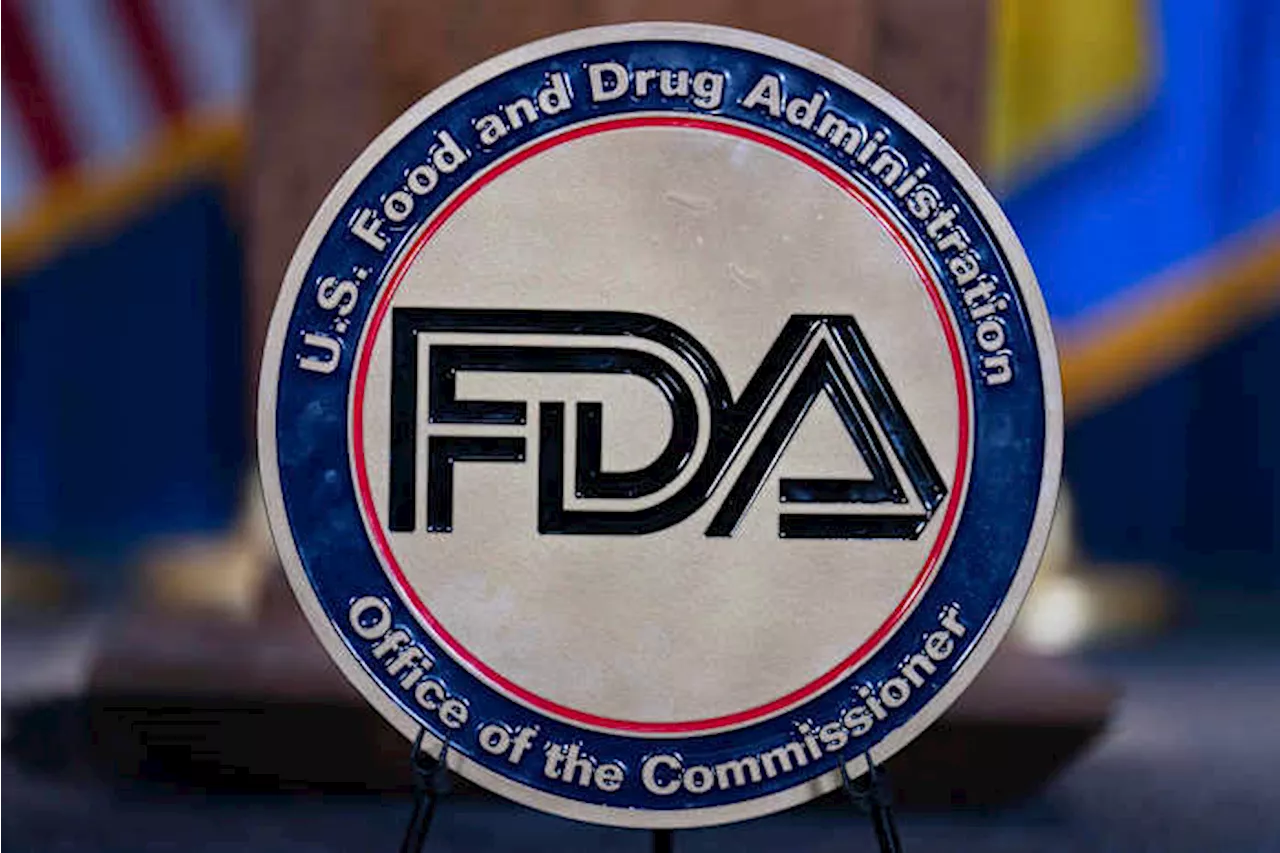The U.S. Food and Drug Administration (FDA) has approved a generic version of mifepristone, a medication commonly used for abortions. This decision has ignited a political controversy, with various lawmakers and advocacy groups expressing starkly different reactions. The approval coincides with ongoing debates about abortion access and regulatory measures, particularly in light of new restrictions implemented in Wyoming.
On March 10, 2025, the FDA confirmed its endorsement of Evita Solutions to manufacture mifepristone tablets. This approval follows a previous endorsement of a generic version in 2019 and came after Evita Solutions submitted its application in 2021. The FDA deemed the new tablets as “therapeutically equivalent” to the brand-name drug Mifeprex, first introduced in 2000. Notably, mifepristone accounts for roughly two-thirds of all abortions performed in the United States.
The FDA’s action has aroused concern among some lawmakers. Senator Josh Hawley (R-MO) criticized the FDA’s leadership, claiming the agency had not fulfilled its commitment to a thorough safety review of the drug. Hawley expressed disappointment that the FDA opted to approve new versions instead of conducting an extensive evaluation. The FDA’s decision aligns with legal obligations, according to Andrew Nixon, a spokesperson for the Department of Health and Human Services (HHS).
Political Responses and Regulatory Implications
The approval has drawn sharp criticism from various political figures. Senator Bill Cassidy, Chairman of the Senate Health, Education, Labor, and Pensions Committee, referred to the decision as a “betrayal.” Cassidy expressed his disapproval via social media, emphasizing his support for former President Donald Trump‘s Pro-Life agenda. The decision was made public just two weeks after HHS Secretary Robert F. Kennedy Jr. initiated a review of mifepristone’s safety following requests from a coalition of Republican states.
In Wyoming, the political landscape surrounding abortion access has recently shifted. The state legislature passed bill HB42 in late February, imposing stringent regulatory requirements on abortion clinics, mandating that they adhere to the same standards as ambulatory surgical centers. This legislation has led to the temporary suspension of services at the Wellspring Center, the only abortion clinic in Casper. The clinic’s closure highlights the practical implications of regulatory changes on healthcare access.
The approval of the generic mifepristone and the regulatory changes in Wyoming reflect the complex interplay of healthcare access, political dynamics, and evolving legal frameworks. The ongoing debate over abortion access in the United States continues to elicit strong reactions from various stakeholders, illustrating the deep divisions that exist around reproductive health issues.
As the situation unfolds, the implications of the FDA’s approval and the changes in Wyoming’s abortion landscape will continue to resonate across the nation, shaping the discourse on reproductive rights and healthcare access in the United States. The responses from political leaders underscore the ongoing tension between regulatory bodies, pharmaceutical firms, and legislative actions in the realm of reproductive health services.
